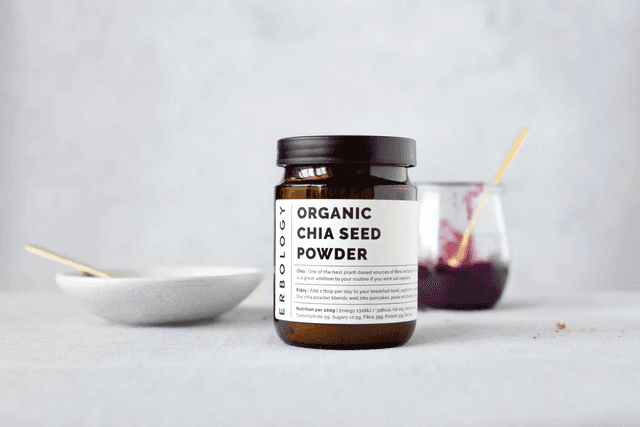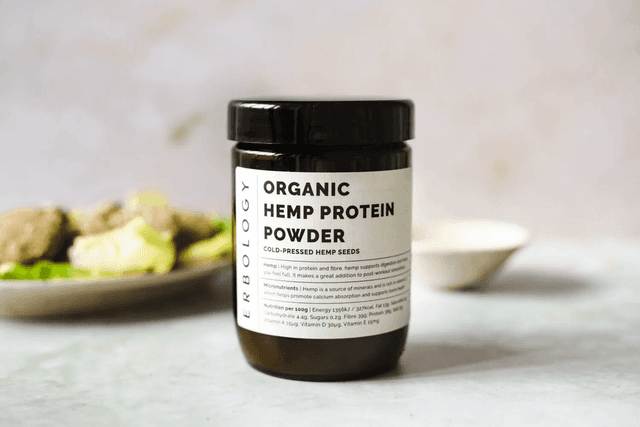16 Aug 2022
What does vitamin D do for our physical and mental health?
What is vitamin D?
Interest in vitamin D and its role in our overall health is growing within the scientific community. The main question being “What does vitamin D do to our body?”. Also known as ‘the sunshine vitamin’ because it's formed in our skin when we are exposed to the sun's ultraviolet (UV) rays. Cholesterol in the skin is converted to cholecalciferol (D3) and ergocalciferol (D2), which travel in the bloodstream to the liver where they are metabolised to form calcidiol. These then head to the kidneys and are converted to the active hormone, calcitriol. Although the majority of our intake comes from the sun, it’s a fat-soluble vitamin. Therefore, the vitamin is naturally present in a few foods, added to others through fortification, whilst also being available as a dietary supplement.(1)
It’s hard to identify how many people are deficient because experts are still debating the recommended dietary allowances (RDA). Research suggests many people don’t acquire enough vitamin D. Around 24% of people in America are deficient, meanwhile areas of the world including Europe have higher rates of deficiency with about 40% of the population being deficient.(2)
So how much do we need? The average daily level of intake sufficient to meet the nutrient requirements of nearly all (97%–98%) healthy individuals Aged 1-70 is 10mg-600IU. Below we’ll take a look at the benefits of 'the sunshine vitamin' on our overall health, wellbeing and where to find it, while answering the question "what does vitamin D do?".
Arthritis
Arthritis is a common condition that causes pain and inflammation in a joint. In the UK, more than 10 million people suffer from arthritis or other, similar conditions that affect the joints.(3)
Vitamin D is essential for calcium absorption in the body, which plays a fundamental role in the maintenance of bone health, strength and skeletal integrity. What does vitamin D do in relation to arthritis?
Having enough of both vitamin D as well as calcium helps to protect against disorders including osteoporosis. This is due to the vitamin's overall ability to promote calcium absorption, which is essential for building and remodelling bone.(4)
Research appears to suggest that vitamin D deficiency is highly prevalent in patients with arthritis. Furthermore, supplementation may be needed for the prevention of osteoporosis and for pain relief in patients.(5)

Immune function
The immune system is the body’s tool for preventing or limiting infection. Therefore, without it, the body would be unable to withstand attacks from bacteria, viruses, parasites, and more. What does vitamin D do in regards to the immune system?
The active form of vitamin D reduces the damaging inflammatory response of some white blood cells, while it boosts also immune cells’ production of microbe-fighting proteins. Hence, its positive effect on immune function.
Research explored if taking daily vitamin D supplements does prevent influenza. Over a period of four months, half of the study participants received pills that contained 1,200 IU of vitamin D; the other half received placebo pills. Influenza rates in the supplementation group were about 40% lower than in the placebo group. Randomised control trials (RCTs) exploring the effectiveness of the vitamin in preventing respiratory infections have been mixed. However, a meta-analysis suggests that daily or weekly vitamin D does lower the risk of respiratory infections. Additionally, this effect was particularly prominent for very deficient individuals.(6)
Cardiovascular disease
Worldwide, cardiovascular diseases (CVDs) are one of the leading causes of death. Annually, an estimated 17.9 million people around the world die as a result of complications from CVDs. For context, this means that CVDs are responsible for 32% of all deaths globally.(7)
What does vitamin D do when it comes to treating CVD?
A recent study found evidence that vitamin D deficiency can increase blood pressure and the risk of CVD. Scientists collected information from up to 295,788 participants for a study. Analysis revealed that the individuals with serum 25(OH)D at 25 nmol/l had 11% higher risk of CVD than those with concentrations of 50 nmol/l.(8)
Dr. Rigved Tadwalkar, a board certified cardiologist, stated the following : “this study establishes that it is worthwhile to check vitamin D levels for the purpose of assessing cardiovascular risk and, moreover, supplementing vitamin D for those who are most deficient.” Despite biological plausibility, plus positive research, further trial data needs to be completed before there is sufficient data to inform nutritional requirements.(9)
Mental wellbeing
Vitamin D is involved in brain processes, and its receptors are present on neurons and glia in areas of the brain believed to be involved in the pathophysiology of depression.(10)
However, the evidence is not 100% conclusive at this stage, but there is encouraging research which suggests the potential that the vitamin may have when it comes to treating depression. This asks the question: "what does vitamin D do in regards to helping with depression?".
Various research has explored the link between vitamin D, sunlight and seasonal affective disorder (SAD). SAD is a form of depression which is closely linked with the seasons. Most commonly meaning that people who suffer from SAD have more prominent symptoms during autumn and winter when the days are short, as opposed to spring and summer. Light therapy, which involves exposing yourself to a particular bright lamp (used to mimic sunlight) may help to reduce symptoms of depression in SAD sufferers.

Further research examined the effectiveness of light therapy against a dose of vitamin D in patients with SAD. The direct dose was more effective in reducing their symptoms.(11)
Additionally an intriguing link between deficiency and mental health complaints was discovered. This study found that people over the age of 65 with minor depression or major depressive disorder had 14% lower levels of vitamin D than the control group.(12)
Although an association between deficiency and depression has been found, clinical trials do not support these findings. The conclusion being that more RCTs examining the effect of supplementation among individuals who are both depressed and deficient are needed.(13)



